Introduction: The Importance of CRM in Lead Tracking
In today’s competitive business landscape, CRM (Customer Relationship Management) software is no longer just a tool for storing contact information; it has evolved into an essential platform for tracking leads and managing customer relationships. Effective lead tracking is the cornerstone of a successful sales strategy, enabling businesses to engage with potential customers, nurture relationships, and ultimately convert them into loyal clients.
But with so many CRM platforms available, choosing the right one can be daunting. Which CRM software is best for tracking leads? Let’s explore this question in-depth and break down the top CRM platforms to help you make an informed decision.
What is a CRM Platform?
A CRM platform is a technology solution designed to help businesses manage interactions with current and potential customers. It centralizes customer data, tracks communication history, and streamlines sales and marketing processes. For businesses focused on lead tracking, CRM software offers tools to capture, organize, and analyze lead information throughout the sales funnel.
Key Features of a CRM for Lead Tracking
Before diving into specific platforms, it’s essential to understand the key features a CRM must have for effective lead tracking:
1. Lead Capture and Segmentation
A good CRM should allow businesses to capture leads from various sources such as web forms, social media, and email campaigns. It should also be able to segment leads based on factors like demographics, lead score, and engagement level.
2. Pipeline Management
A CRM platform must provide a visual representation of the sales pipeline, allowing users to track the progress of each lead at different stages of the sales process. This helps businesses prioritize follow-ups and automate actions based on lead behavior.
3. Automated Lead Nurturing
Lead nurturing is crucial for turning prospects into customers. The CRM should include tools like automated emails and follow-up reminders to maintain engagement throughout the buyer’s journey.
4. Reporting and Analytics
The best CRM platforms come with powerful reporting and analytics tools that track the performance of lead generation efforts, such as conversion rates and lead source effectiveness. These insights help businesses refine their strategies and improve ROI.
Top CRM Platforms for Tracking Leads
Now, let’s dive into the best CRM platforms that excel in lead tracking. We’ll compare the features, pricing, and pros and cons of each option.
1. HubSpot CRM
Features:
-
Lead Capture Forms and integration with websites.
-
Visual sales pipeline with drag-and-drop functionality.
-
Email tracking and automation tools for nurturing leads.
-
Built-in analytics and reporting for tracking lead conversion.
Pricing:
HubSpot offers a free CRM, with premium features available through its various pricing tiers that start at $45/month.
Why It’s Great for Lead Tracking:
HubSpot’s CRM is widely regarded for its ease of use and robust lead tracking capabilities. The platform allows businesses to capture leads from different sources, segment them based on customizable properties, and track their movement through the sales funnel with ease.
Pros:
-
Free tier for startups.
-
Excellent user interface.
-
Strong marketing automation tools.
Cons:
-
Some features require higher-tier plans.
-
Limited reporting in the free version.
2. Salesforce CRM
Features:
-
Customizable lead management tools.
-
Advanced reporting and sales forecasting.
-
Artificial Intelligence (AI) capabilities for lead scoring and predictions.
-
Salesforce Mobile App for managing leads on the go.
Pricing:
Salesforce offers various plans starting at $25/user/month.
Why It’s Great for Lead Tracking:
Salesforce is an enterprise-level CRM platform with advanced lead tracking features like lead scoring and AI-powered predictions. It’s ideal for businesses that require customization and advanced features to manage complex sales processes.
Pros:
-
Highly customizable and scalable.
-
Extensive integrations with third-party apps.
-
Powerful analytics.
Cons:
-
Steep learning curve for beginners.
-
More expensive compared to other CRMs.
3. Zoho CRM
Features:
-
Lead capture from multiple channels like email, social media, and chat.
-
Pipeline management with automated workflows.
-
Lead scoring based on interaction.
-
Reports and dashboards for tracking lead performance.
Pricing:
Zoho CRM pricing starts at $12/user/month for the Standard Plan.
Why It’s Great for Lead Tracking:
Zoho CRM offers an impressive range of lead tracking features, from multi-channel lead capture to lead scoring and automated follow-ups. It’s ideal for businesses looking for a cost-effective CRM solution with robust features.
Pros:
-
Affordable pricing.
-
Good integration with third-party applications.
-
Easy-to-use interface.
Cons:
-
Limited reporting features in lower-tier plans.
-
User interface may feel cluttered at times.
4. Pipedrive CRM
Features:
-
Visual pipeline management for tracking leads.
-
Lead scoring based on customizable criteria.
-
Automation for follow-ups and task reminders.
-
Custom reports for lead conversion and performance.
Pricing:
Pipedrive CRM plans start at $14.90/user/month.
Why It’s Great for Lead Tracking:
Pipedrive focuses heavily on sales pipeline management, offering intuitive features for lead tracking. It’s particularly suited for small to medium businesses that need a simple yet effective CRM to manage their leads and sales processes.
Pros:
-
Easy-to-use interface.
-
Affordable for small teams.
-
Strong lead management tools.
Cons:
-
Lacks advanced automation compared to competitors.
-
No free plan available.
5. Freshsales CRM
Features:
-
Lead scoring based on activity and interaction.
-
Email tracking and integration with various channels.
-
Customizable sales pipeline for visual lead tracking.
-
AI-powered insights for smarter lead management.
Pricing:
Freshsales starts at $15/user/month for the Blossom Plan.
Why It’s Great for Lead Tracking:
Freshsales provides an all-in-one solution for managing leads, from capturing them to scoring and nurturing. Its AI features make it stand out, providing valuable insights to optimize the lead conversion process.
Pros:
-
Affordable pricing with a free version available.
-
AI-powered insights and automation.
-
Strong reporting tools.
Cons:
-
Limited integrations with third-party apps.
-
Some advanced features are only available on higher-tier plans.
Key Considerations When Choosing a CRM for Lead Tracking
While all the CRM platforms mentioned above offer excellent features for lead tracking, it’s important to choose the one that aligns with your specific business needs. Here are a few factors to consider:
1. Budget
Consider how much you’re willing to spend on CRM software. Many CRM platforms, like HubSpot, offer free versions with basic features, while others, like Salesforce, are on the pricier side.
2. Customization Needs
If you have unique business requirements, a CRM that allows for high customization (like Salesforce or Zoho CRM) will be more suitable.
3. Team Size
For small teams, CRM platforms like Pipedrive or Freshsales might be more cost-effective, whereas larger businesses with complex sales processes may require more sophisticated CRMs like Salesforce.
Conclusion: Which is the Best CRM for Tracking Leads?
In the end, the best CRM for tracking leads depends on your specific business needs, budget, and the complexity of your sales processes. For small businesses or startups, HubSpot CRM and Zoho CRM offer excellent value with their free tiers. For larger enterprises with more advanced requirements, Salesforce is an unbeatable choice, while Pipedrive and Freshsales strike a perfect balance between ease of use and powerful features.
By selecting the right CRM platform, you’ll be equipped with the tools needed to streamline your lead tracking, improve sales efficiency, and ultimately drive business growth.














